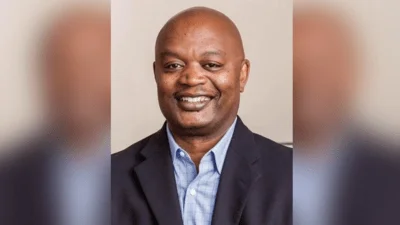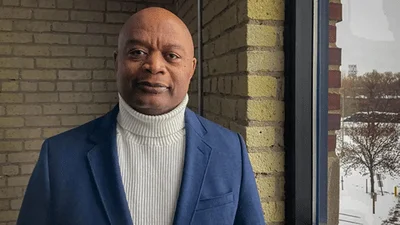Human trafficking has impacted states like Texas and Minnesota. | Stock Photo
Human trafficking has impacted states like Texas and Minnesota. | Stock Photo
The Texas Public Policy Foundation (TPPF) has released a new report regarding human trafficking, an issue which has profoundly affected Texas and Minnesota.
Among these statistics, the TPPF discovered that among the over 25 million cases of trafficking in the U.S., a significant majority of those cases had past experience within the child welfare systems. In addition, the foundation emphasized the necessity for community engagement in preventing these criminal acts.
Child trafficking rates in Texas are among the highest in the U.S., and in response political and religious community leaders across the nation are calling their communities to action. In recent interviews with such leaders, CSJ Justice Office Director Marty Roers from St. Paul, Minnesota provided insight on what Catholic communities can do to address the injustices of trafficking.
“The Catholic Church's vehement opposition to human trafficking is rooted in principles of Catholic social teaching, central to which is the sacredness and dignity of human life, and in the Catechism of the Catholic Church,” Roers said.
The teachings of Catholicism, Roers argues, not only align with these notions, but call on its followers to halt such injustices.
In the same avenue in which the TPPF declared trafficking in Texas as a public health issue, Roers shared similar sentiments.
“We are aware that freedom has not yet come to all of our sisters and brothers. Slavery continues today in the form of human trafficking. Human trafficking is a public health, public safety and human rights violation that occurs in communities throughout our local community and around the world," Roers said.
Roers lastly spoke on his own community’s actions to tackle child trafficking, and what all communities can do in order to solve these issues.
“Faith communities should not underestimate the role they play in primary prevention and mobilizing support to end human trafficking. Furthermore, faith communities can be a fundamental source of stability for trafficked persons by providing acceptance and a non-judgmental atmosphere," Roers said.
From working directly with trafficking victims to educational events, Roers and the CSJ Justice Office are taking their own steps to end trafficking in their region. With cases continuing to rise, it will take the effort of all communities to combat this crisis.



 Alerts Sign-up
Alerts Sign-up